10 kidney stones symptoms
 Article Sources
Article SourcesKidney stones are small stones made of minerals and salts that form naturally in the kidney. In some cases, a kidney stone can grow inside a hollow space in the kidney and remain there without causing problems.[[1]] If a kidney stone leaves the kidney and becomes lodged in the ureter, blocking the flow of urine, it can become quite painful. Kidney stones can be made from a variety of different minerals or salts, and the treatment, as well as recommended future preventative action, often depends on what the stone was made from.
Sharp, Cramping Pains
Sharp, cramping pains that come on suddenly are one of the most common signs of kidney stones. The pain is caused by the body trying to pass the stone and tends to come and go in waves. Small stones often pass through the ureter quite quickly. Bigger stones or stones that are a less even shape may take longer to pass and be more painful while they’re being evacuated.

Advertisement
Pain Moving From the Back to the Groin
Pain caused by kidney stones may start at the back or side and move to the abdomen or groin. This is often different from pain caused by urinary tract infections. Cramping pains in the abdomen aren’t exclusive to kidney stones. It’s important to seek medical advice if the pain is severe or lasts a long time without subsiding. Medical advice should also be sought if the pain is accompanied by an elevated temperature or other potential kidney stone symptoms, such as nausea or dark-colored urine.

Advertisement
Strong Urge to Urinate
A strong urge to urinate could be a sign of a kidney stone. Small stones often pass out of the body during urination without causing pain or with only minor irritation. Bigger stones may cause a blockage in the urinary tract, and this is often what causes the pain. A strong urge to urinate may be a sign the body is trying to flush out the kidney stone.
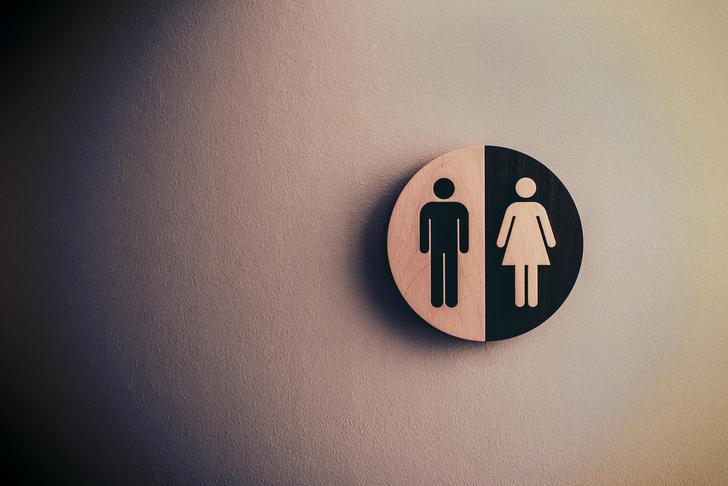
Advertisement
Burning Sensations During Urination
Burning sensations during urination are another common sign of a kidney stone, although this symptom could also be a sign of infection. These two issues aren’t exclusive. There are four main types of kidney stones: struvite, cystine, calcium oxalate, and uric acid. Struvite kidney stones are one of the less common varieties and are often associated with an infection of the upper urinary tract.[[2]] If the burning sensation is simply caused by the stone, it should subside when the stone is passed.
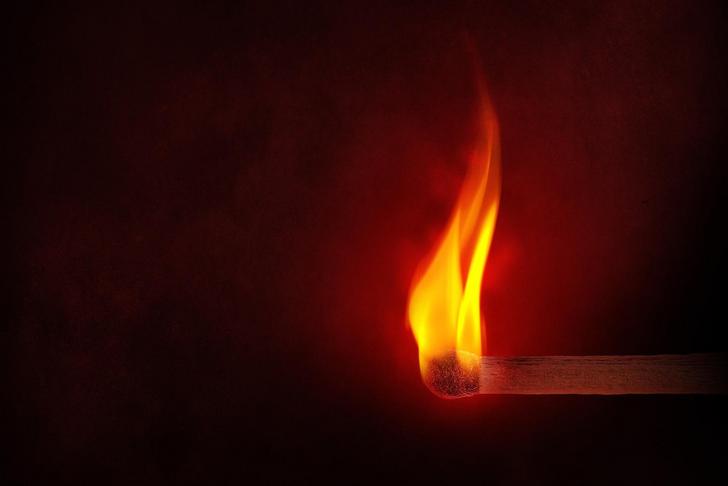
Advertisement
Dark or Red-Colored Urine
Dark or red-colored urine could be caused by blood in the urine. Sometimes the blood is clearly visible. In other cases, there’s only a small amount of blood present and it simply tints the urine. Dark urine can also be a sign of dehydration. Blood in urine can occur for many reasons. It’s a good idea to seek professional medical advice, even if traces of blood are only seen once.
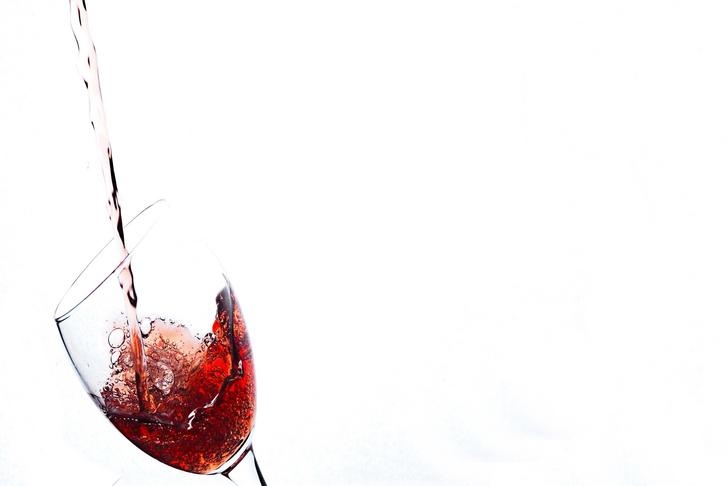
Advertisement
Nausea or Vomiting
Nausea and/or vomiting can occur due to the pain caused when passing a kidney stone. Some people benefit from taking pain relievers or drugs that reduce the acidity level of the urine and help with passing the stone. When pain is severe and nausea is persistent, other treatments to help reduce the size of the stone and make it easier to pass may be advisable.
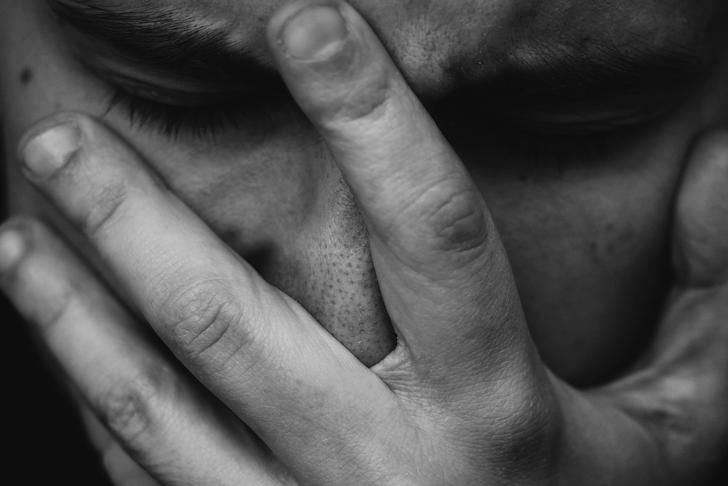
Advertisement
Pain at the Tip of the Penis
Some men experience pain at the tip of their penis when they have a kidney stone. This pain should pass once the kidney stone is gone. Typically, the pain starts in the ureter and progresses down to the tip of the penis. In women, the pain may be felt in the urethral and vaginal areas. Similar symptoms can occur due to a urinary tract infection.
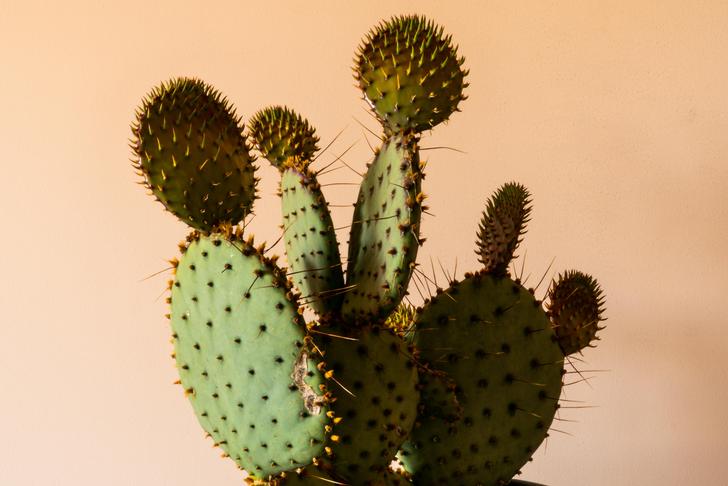
Advertisement
Dehydration May Cause Kidney Stones
Frequent dehydration is a common cause of kidney stones. People who are susceptible to kidney stones are often advised to make sure they drink enough water every day to ensure their urine is pale whenever they go to the toilet. Dark-colored urine is highly concentrated and may contain more of the acids and salts that form kidney stones. Keeping urine diluted helps reduce the risk of more stones forming.
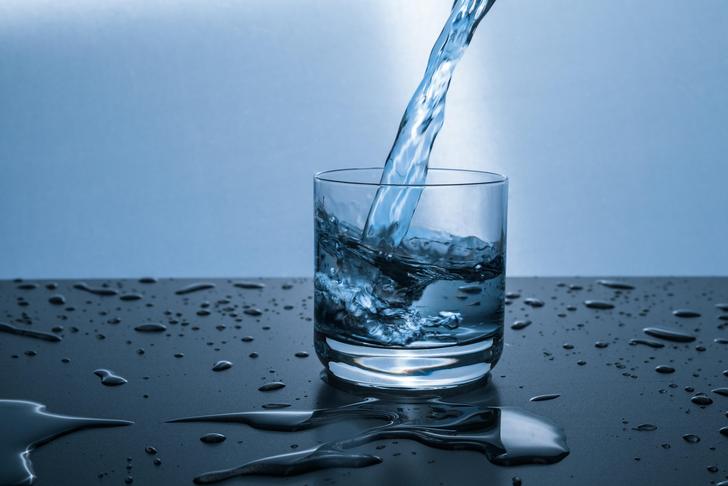
Advertisement
High Salt Intake Can Cause Kidney Stones
Many kidney stones are formed from calcium and salts. It’s a common misconception that dietary calcium causes kidney stones. Dietary calcium is essential for bone health and can help reduce the risk of calcium kidney stones. Excessive salts in a person’s diet, however, can increase their risk of developing kidney stones. Moderating salt intake and drinking lots of water is a relatively easy way to reduce the risk of kidney stones.
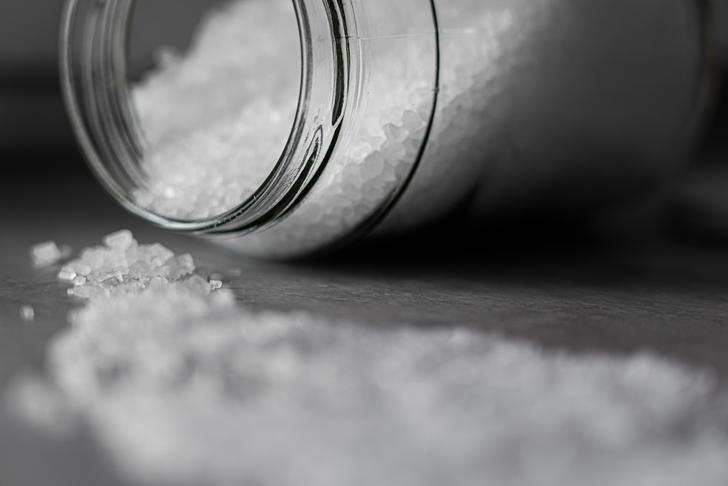
Advertisement
Kidney Stone Treatment
Small stones often pass out of the body naturally, and simply drinking more water than normal may be all that’s required to speed the process along. If more water doesn’t resolve the issue, medication to reduce the acidity of the urine may be helpful. Another option is to use ultrasound therapies to break the stone into smaller pieces.[[3]] These pieces can then be passed in urine more easily.
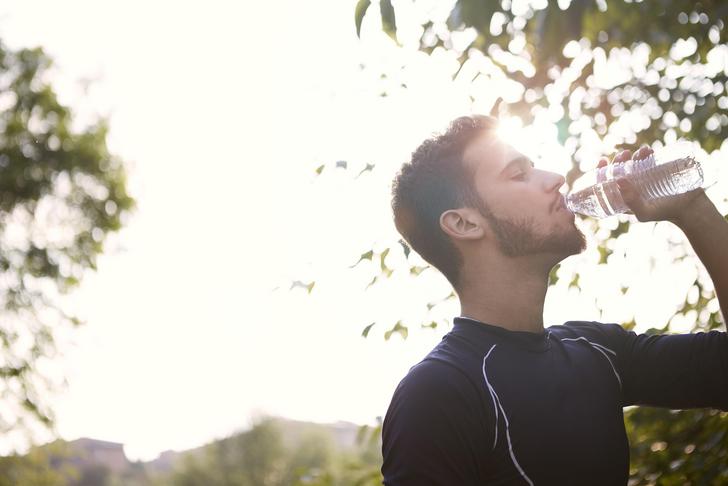
Advertisement





